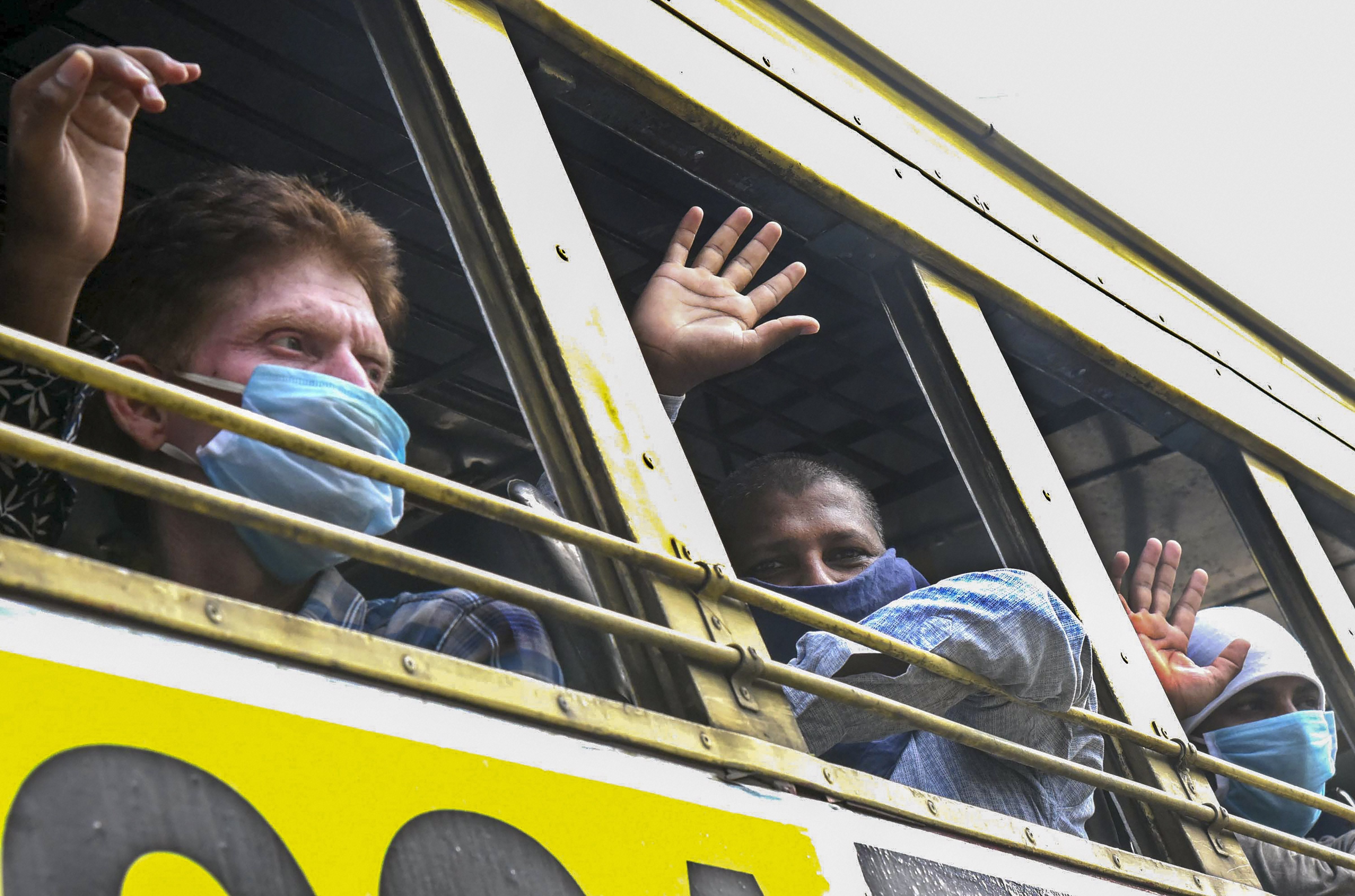Violation of home quarantine protocols to drink locally brewed liquor has increased the threat of coronavirus spread in the tribal-dominated Simdega district of Jharkhand, which has in a span of a week recorded the highest number of Covid-19 cases in the state.
Simdega, located on the south-west fringe of Jharkhand, which shares border with Chhattisgarh and Odisha, had on Friday reported 229 positive cases out of the state’s tally of 1,607.
The case of migrants violating home quarantine became evident when a 30-year-old migrant worker Manbharan Baiga, who had returned from Mumbai, allegedly committed suicide by hanging himself from a tree near his house after a fight with his wife on June 10 night. He was said to be in an inebriated condition.
According to the neighbours, Baiga used to regularly violate home quarantine to consume liquor.
“Most of the migrant workers have returned from states like Maharashtra and Gujarat in the last few weeks. They are habituated to drinking locally brewed hadia (rice beer) and country liquor in the company of friends despite being advised to follow home quarantine norms by the administration.
“They do it clandestinely in small thatched huts where hadia and country liquor are brought in plastic pouches to escape the eyes of the authorities. The administration should stop the brewing of local liquors,” said Manoj Konbegi, a social worker and general secretary of the Simdega hockey association.
Simdega is known as the hockey cradle of Jharkhand and the region has produced several illustrious players, including Olympian
Sylvanus Dungdung, former Indian eves skipper Asunta Lakra and Indian junior team member Salima Tete, among others.
According to sources in the district surveillance unit, a unit set up by the district health department and administration, more than 17,000 migrant workers have returned mostly from Mumbai, Nagpur, Pune, Surat, Morbi and Ahmedabad.
“They are mostly semi-skilled and unskilled youth who are taken by middlemen and contractors to work in big industries in Maharashtra and Gujarat at low wages. While working in those states, they get used to drinking liquor.
“During the lockdown they cannot afford to buy foreign liquor but contribute together to enjoy cheap and readily available country liquor sitting in huddles in huts to escape police attention, increasing the threat of spread of Covid-19,” said a senior police officer on condition of anonymity.
Simdega superintendent of police Sanjeev Kumar, however, said that they act immediately if they receive any complaint of violation of home quarantine and liquor consumption.
“We do conduct raids acting on tip-off regularly against country liquor. However, drinking locally brewed hadia is in their nature. We warn and fine people if they are found not adhering to social distancing norms,” he said.
Simdega deputy commissioner Mrityunjay Kumar Barnwal, however, claimed that most of the reported positive cases are in institutional quarantine.
“More than 95 per cent of the positive cases are already in institutional quarantine and had come from red zones. Nearly 12,000 migrant workers are under home quarantine. We have activated ward-level surveillance teams, involving community stakeholders, to keep a watch if they are adhering to quarantine protocols.
“It is difficult to monitor those under home quarantine through geotagging or geofencing as more than 30 per cent of the district comes under a dark zone (no mobile network),” said Barnwal.











